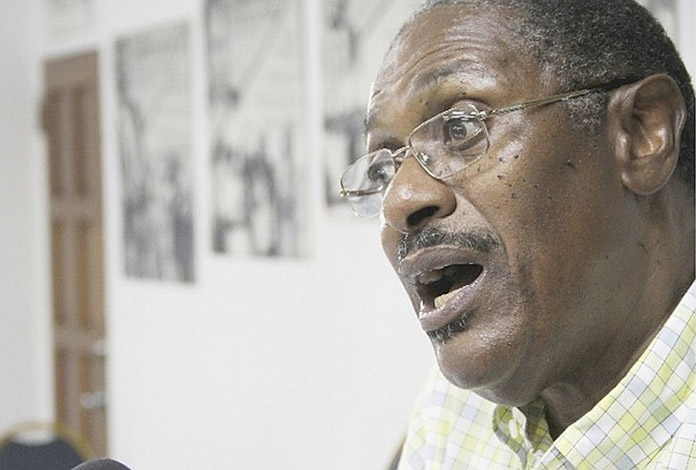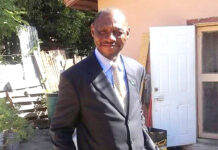
COMMENTARY BY BRADLEY B. ROBERTS
FORMER CABINET MINISTER AND MP
12TH AUGUST 2018
“The Over-the Hill economic rejuvenation project is a mere shift in some tax policies to benefit the rich with little to no consideration for the plight of the poor. Where is the social component of the program to protect the poor and avoid gentrification or mass displacement of the poor in those affected communities within these economic enterprise zones?”
These were observation and pertinent question put to the FNM government by Opposition Leader the Hon. Philip Brave Davis at his monthly press conference held last Tuesday, 7th August 2018. I agree with Mr. Davis as I have made similar public observations myself.
Economic Enterprise Zones are nothing new in The Bahamas as the PLP government has offered similar tax concessions for businesses and entrepreneurs wanting to establish commercial enterprises west and east of the city of Freeport. Similar concessions exist to encourage Family Island development, small hotel construction, for some tourism related projects and for investments in the agriculture industry.
As far back as the 1970’s, Cooperative legislation was established to provide for financial and non-financial cooperatives, allowing Bahamians to operate businesses in any industrial sector virtually tax free. This is another brainchild of the PLP government.
As for the Over-the-Hill economic rejuvenation project, these areas are unique in that they are heavily residential in nature with mostly lower income and poor families, many of whom reside in rental properties. A purely economic approach to urban renewal with the use of tax policy to incentivize investment in specially zoned areas can only lead to mass dislocation of the poor – or gentrification as we call it.
The foreign investor, the Lyford Cay residents, the Grand Bahama industrial sector and the Bay Street merchants all have a strong lobby and voice that catches the ear and attention of the government but the poor seem voiceless and powerless. Who will and are speaking up for the poor? The latest slap in the face were the cutbacks in uniform assistance.
There are more people living in extreme poverty in our communities and they need help desperately. Both a recent IDB Study and the Central Bank have indicated that nearly 50 per cent of Bahamians are struggling to “make ends meet”. We remind the Prime Minister that facts are stubborn.
The PLP for its part promised in opposition to continue to be a voice for the voiceless, the powerless, the weak and the poor. The Opposition has made good on this promise during the debate on the Economic Empowerment Zone Bill in both chambers of the House.
The PLP proposed three substantive amendments to the Economic Empowerment Zone Bill in clauses 3, 5 and 6.
The purpose of the proposed amendment in clause 3 was “to ensure that benefits are restricted only to those ordinarily resident or doing business in the zone at the time of the designation.”
The proposed amendment to clause 5 was expressly designed “to avoid tenants of long standing living in the zone from being pushed out by the landlords after improvements made possible by tax concessions.”
Two of the three proposed amendments in Clause 6 intended to accrue maximum “benefits to those ordinarily resident or who are normal and regular business contractors in the zone.” The third proposed amendment provided for an independent body to hear and rule on any and all appeals in any contractual, trade or commercial dispute arising. The PLP felt it was not fair to all parties involved, it was improper and a conflict for Ministers or the Governor General to hear appeals as the law intended.
I agree with the proposed amendments in light of the fact that unlike Bay Street – a purely commercial district – Over-the-Hill contains sizable residential communities and low-income rental properties. Additionally, public policy must always seek to protect the public interest on all sides because of the unwritten social contract between the government and the people to build up the common good. Further, because of the nature, role and intent of government, all public policies must have built-in social components to provide some semblance of balance. All attempts to achieve this policy mandate (by PLP Senators) in the committal stage of this bill were blocked and rejected by the FNM as they passed it into law unchanged.
Shame on them for eschewing the people but the fight for the voiceless, the powerless, the weak and the poor must continue.







